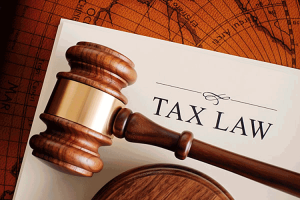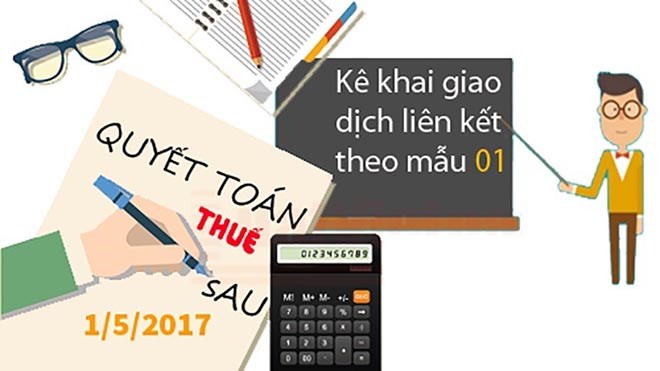Total foreign investment capital registered in Vietnam by the end of August only decreased by more than 2% over the same period.
By investment field, the processing and manufacturing industry leads the way with a total investment of nearly 9.3 billion USD, accounting for 48.4% of the total registered investment capital. The field of electricity production and distribution ranked second with a total investment of nearly 5.5 billion USD (28.S7%). Real estate business, wholesale and retail recorded a total registered capital of nearly 1 million USD. 6 billion USD and over 734 million USD.
According to investment partners, Singapore leads with total investment capital of over 6.2 billion USD. Japan is second with 3.2 billion USD. Investment capital from Singapore and Japan is mainly in the form of new investment. According to the Foreign Investment Agency, Singapore’s investment capital ranks first in terms of scale due to a $3.1 billion project, which alone accounted for 50% of Singapore’s total investment in Vietnam in the past eight years. first month of the year.
By investment area, Long An leads the way with a total registered investment capital of over 3.6 billion USD, including a 3.1 billion USD power project (accounting for 85.8% of the province’s total investment capital). Ho Chi Minh City ranked second with a total registered capital of nearly 2.2 billion USD, Binh Duong attracted nearly 1.7 billion USD.
https://vnexpress.net/fdi-tang-tro-lai-4348280.html
*******************************************************************************
#setting up company in Vietnam#accounting #tax #legal consulting
#coaching#humanresources
![「DDC] Outsourcing Vietnamese Accounting Services・ Tax Consulting・ Legal Consulting For FDis・Setting up FDIs in Vietnam・ Auditing・ Human Resources・ Market/Goods Investigation](http://japanvietnam.com.vn/wp-content/uploads/2021/06/cropped-Capture1-1.jpg)







